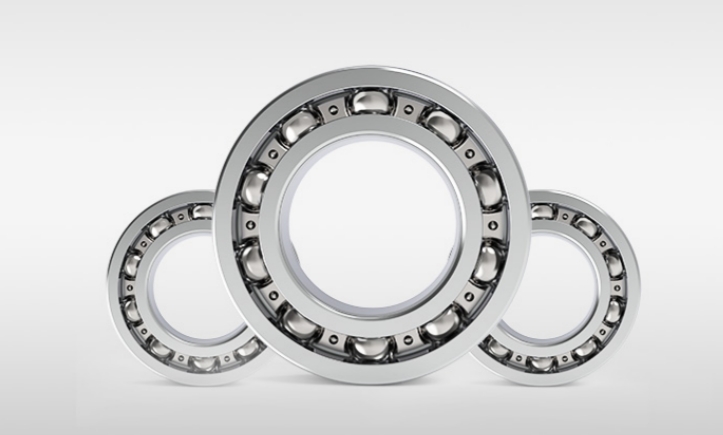Bearing noise and high temperature are problems that occur from time to time during the manufacturing and application of motors. In order to solve such problems, improving the structure of the bearing system and selecting appropriate lubricants are common methods and measures.
In comparison, grease that is too thick has better adhesion, but creates greater resistance to the operation of the bearing, causing bearing heating problems. In comparison, thinner grease is beneficial to the operation of the bearing, but its adhesion is poor, which is not conducive to the long-term operation of the bearing. For different motors and different operating conditions, grease suitable for the operating temperature should be configured, such as grease operating in high and low temperature environments.
In the case of dealing with noise and high temperature in the bearing system, someone will add engine oil under grease filling conditions. In a short period of time, it seems to have a certain treatment effect on the fault. However, when the motor runs for a short time, the lubrication effect of the engine oil disappear, and at the same time, it will cause the adverse consequences of oil entering the inner cavity of the motor.
Theoretically, engine oil is not a diluent for grease, and the two are not compatible. Lithium-based grease is more commonly used in motor bearings. Its chemical composition, properties and uses are different from those of engine oil. They cannot be mixed or diluted with each other. If lithium grease and engine oil are mixed together, the two will interact with each other and cause a series of adverse consequences. On the one hand, mixing lithium-based grease and engine oil will cause the lubrication effect to decrease, or even cause lubrication failure, affecting the normal operation of the machine; on the other hand, the mixed lubricant will produce a chemical reaction, causing the original properties to change. Accelerate machine wear and aging.
Post time: Nov-28-2024

